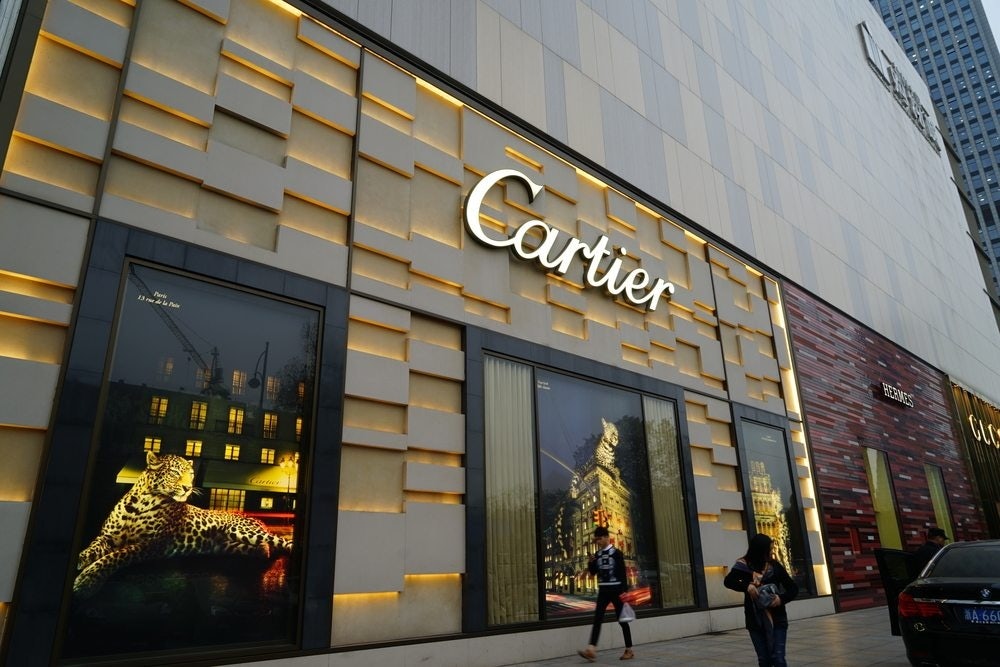
A recent report by communications agency OMD China suggests China's Generation Z cares less about money, but that hasn't necessarily affected Chinese consumers' overall outlook toward their peers who buy high-end products, especially in first-tier and second-tier cities.
The report surveyed more than 2,500 people across the mainland about a wide range of issues affecting Chinese society as it grapples with development and a slowing economy. Called Future of China, the study conducted interviews and surveys with consumers in four age groups and from first-tier through fourth-tier cities: Beijing, Shanghai, Wuhan, Shenyang, Quanzhou, Guiyang, and more.
The report shows shifting ideas across generations in terms of what factors contribute to success and happiness. While most respondents in the survey agree that health is the most important aspect of a happy life, more people from the post-90s generation, or Generation Z, think money is less important. Only 37 percent of post-90s respondents named money as their main source of happiness, compared with 40 and 43 percent from those born in the 1970s and 1960s respectively. The prediction associated with these results is that China's happiness index will likely improve as its youth explore facets of life beyond materialism and consumerism. Brands will, in turn, have to adjust their marketing strategies in China to compensate.
“If material things and traditional signals no longer dictate happiness, then brands that have pushed aspirational, product-led strategies will struggle to be relevant,” the report says. “Brands will need to work at fostering emotional links beyond product features, create opportunities for people, build better connections with their core social groups, and provide consumers a sense of brand ownership.”
In contrast, when asked about the recipe for success, respondents were more likely to cite money as a key contributing factor. While 49 percent of all respondents nationwide agreed that money breeds success, this attitude was most pronounced among residents of second-tier cities. This outlook reflects another finding from the survey, showing that in China, attitudes toward people who own and show off luxury goods are generally positive, and especially in cities where wealth is growing rapidly.
Out of all the cities, more respondents from Beijing and Shanghai saw luxury goods as a status symbol and show of wealth. More than 50 percent of respondents from first-tier cities said their attitude toward people who own luxury goods was to assume that “he/she is rich,” and 40 percent agreed that sporting luxury items “looks good.” Meanwhile, 35 percent of respondents from this tier said “he/she just wants to show off” while less than 10 percent agreed with the statement that “it's stupid to buy something that expensive.”
Interestingly, just over 20 percent of respondents from first-tier cities said they want something similar when they see someone with luxury goods, while the percentage shot up for consumers from second-tier cities to almost 30 percent, reflecting that these consumers are much more aspirational when it comes to attaining high-end products. Meanwhile, those in lower-tier cities likely feel less aspirational, with about 40 percent of respondents saying they “don't notice” consumers with luxury products, compared to just over 10 percent of those in first-tier cities.
The success of luxury cars in China as of late agrees with one other aspect of the survey that confirms popular conceptions about consumers' attitudes towards luxury as a sign of wealth. Most respondents think luxury houses and cars are “the ultimate status symbols” at 66 percent each, while luxury products trailed behind at 41 percent.